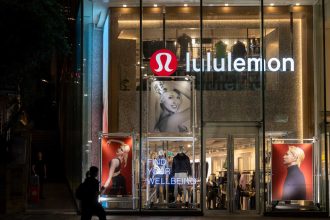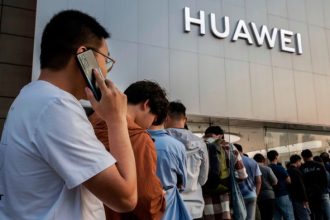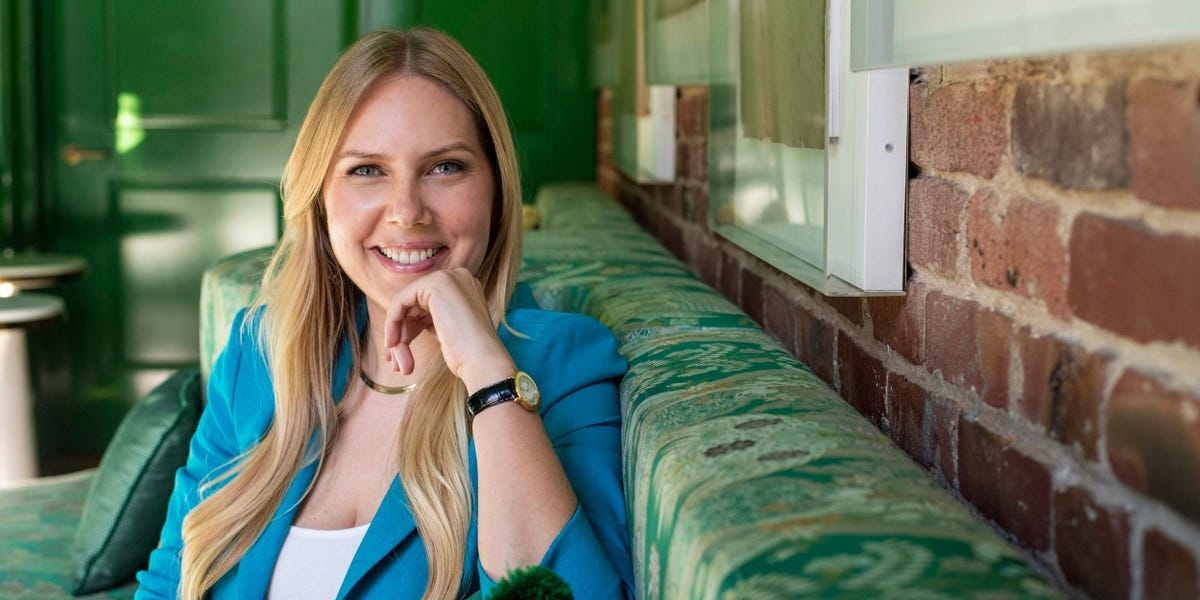For Katelin Holloway, the people who say creator startups are “dead” are missing the point of the creator economy entirely.
“I’m not talking about the epic stars and the MrBeasts of the world,” Holloway told Business Insider. “I’m talking about the people who are supplementing their income and building a following around something that they’re deeply passionate about and very uniquely good at. That’s my creator thesis and why I care about it.”
Holloway is a founding partner at Seven Seven Six, the early-stage VC firm started in 2020 by Reddit founder Alexis Ohanian. The fund has raised close to $1 billion and made “world-class founders” the core of its investment strategy, particularly in the consumer and enterprise spaces.
When it comes to the creator space, Seven Seven Six has invested in creator-marketing company Pearpop; July, a management tool for influencers; MrBeast’s snack brand Feastables; and community platform Fourthwall, to name a few.
It’s true the days of VCs pouring billions into creator companies are gone. The Information reported in January that funding in the sector declined by 58% in 2023 compared to the previous year. Investors recently told BI that the creator economy as a thesis had been “disappointing” — with layoffs, shutdowns, and missed stock market debuts plaguing the space.
A downturn may actually be a good thing, though, said Holloway. Many early companies in this field developed “young” tools because the industry felt new. But as time went on, the focus has shifted to sustainability.
The end of the hype cycle around creator-economy startups is part of the intrinsic nature of venture capital — VC “loves hype cycles,” said Holloway. Now, those who are actually committed to the space have a higher chance of success.
“You’re seeing the people who have genuinely subscribed to the underlying principles, philosophies, or utilization of that technology or that shift, whatever it may be,” said Holloway. “And you get rid of all of the fair-weather founders who came to build because there was money and opportunity in a space that maybe they weren’t really passionate about.”
Like Holloway, other VCs have shown optimism about using creators as a tool or feature to build businesses in other fields. Holloway, for her part, thinks of creators as anyone who makes money from their passion online.
When the definition of the creator expands, there’s room for more startups to potentially succeed. Holloway identified three categories where she sees potential success:
-
B2B services. Analytics tools for managing relationships and connecting with brands, or even back-office tools, fit within this category, said Holloway. Pearpop, a Seven Seven Six portfolio company that matches brands and creators for marketing opportunities, is an example of this.
-
Community. These companies are “allowing you to bring your fans in and create really unique high-touch experiences for your super fans.” An example of this is Fourthwall, which helps creators launch their own homepages, shops, and memberships.
-
Education. This includes any company that allows creators to learn and grow in their industry, like Metafy, which teaches gamers how to monetize their work. Another adjacent startup in this category is Intro, which lets users book intro calls with top experts in various fields and ask them for advice or career support.
“I spent a decade as an HR executive, career coach, executive coach, and I now can have supplementary income based on my area of expertise through Intro,” said Holloway. “I wish I’d had this when I was not making as much money but loved my job, where you can actually supplement your income. It doesn’t need to be showing something on TikTok. It can be using a skill that you actually have to help someone be better. I view all of that as people who are creating, people who are putting something into the world.”
Read the full article here





